Here is a button where you can subscribe to this newsletter now, if you have not previously done so. I do hope that you enjoy it.
I’ve been thinking about one Saturday, back a few years in New York, all the time recently. Nothing exceptional happened. I woke up, ate breakfast, checked my email. I sat down to read a book on the couch for a while, then called a couple of friends, then went back to my book. I flipped on a college football game, played Uno on my phone for a bit, then dozed off for a while. I woke up and took a shower. Then some friends came over, and we had some drinks. Then they went home, and I watched another football game and fell asleep.
I have no context to this day. I do not know what was going on in the world, or what the larger political circumstances were, or what was going on with my career or my personal life or anything, other than just that day. I don’t even know what year it happened. I just remember it.
It wasn’t a perfect day. It wasn’t even that it was a necessarily good day. And it’s not the fact that I did nothing that I remember so vividly. It’s that I wasn’t worried about anything. I had no idea what was going on outside my apartment at all. I just blithely and dumbly existed, for a whole day. Just one day. It now feels like the height of indulgence. It feels downright decadent.
*******************
When you look back at it now, the early days of the pandemic were the best ones, weren’t they? As we come up on the one-year anniversary of the unofficial “start” of the pandemic in the United States—not the first reported case, or first reported death, but when that collective understanding of the magnitude of what was happening hit, and hit hard—it is remarkable how much I find myself looking back at those early days with wistful nostalgia.
It sure didn’t feel pleasant at the time. At the time, we did not know what was in store for us, and there was no reason not to fear the worst. The images out of other countries like Spain and Italy were mortifying, from people collapsing on the sidewalk outside hospitals to the eerie silence in the empty streets, and Covid-19 felt like a wave rising there en route to cresting and overtaking our shores. You were afraid to cough, you were afraid to touch anything, you were afraid to leave the house at all. There were no Covid deniers then, no “it’s just like the flu!” that I could see. As far as everybody knew, the virus was everywhere, and instantly deadly. The last day our family entered a store was March 13, the day we returned from Spring Break on a plane in which we stared straight ahead and tried not to move, and we gathered materials as if a 1,000-day storm was coming. I also went to the liquor store and left with as much alcohol as I could carry.
How you handled the early days of the pandemic, like with everything else in the pandemic, depending largely on where you lived. If I would have still lived in New York City, late March and April would have been a living nightmare. And the worst parts of those early days involved checking on my friends there, hearing the horrible stories, watching the videos of the nightly 7 p.m. cheers for the health care workers, the nightly 7 p.m. primal screams for everything else. But in many ways, those early days were ones of hope, ones of a belief in a collective action. These were the days of #flattenthecurve, of people singing to each other from rooftops, of a sincere faith that this could be conquered. I remember listening to New York Times science and health reporter Donald J. McNeil, whose words at the time felt like sacred text and feel considerably less so now, on the podcast The Daily say, “if everyone just froze in place for two weeks, this virus would be over,” and I thought, hey, we can do that. We can just freeze in place for two weeks. You could even find some amusement from it. Remember the angry Italian mayors?
(Boy would I understand how they all felt just a few months later.)
The weather in Athens was perfect at the time—I have never lived in a more lovely place than in Athens in March and April—and while I was fortunate enough to still have regular work, it was nonetheless a period of somehow less constant productivity. The children would have their obviously temporary virtual school until 2 p.m., and then we’d run around in the backyard, or play basketball, or put down a picnic blanket and have dinner outside. (This was obviously still interrupted by constant doomscrolling.) I’d begun making pitchers of margaritas, and my wife and I would sit out on the front porch after the kids went to bed and drink way too many of them, sharing stories of the scary things we’d seen during the day, processing the holy-shitness of it all, talking to old friends across the country, worrying about the future. But that was all it was: Worry. We didn’t know anyone who had even contracted Covid-19 yet, let alone died from it. We were lucky enough to both still be working. Our children were spending their time at home together all day by playing outside and becoming best friends. We were not relaxed by any definition of the word. But it all felt manageable. It felt like you had some time and space to breathe it all in. It felt like you could get your arms around it.
It hasn’t felt like that in a while. That all changed over the summer, for a variety of reasons, from the political chasms, to the idiotic cultural battles, to the revolutionary social justice movement that made just sitting on the porch watching the world go by seem irresponsible and complicit, to huge spikes in cases nationwide and in Athens specifically, to the realization that the children weren’t going back to school anytime soon, to a Presidential election that was left us all in a state of constant frenzy. (Even when it was over.) This went, quickly, from being “a scary, difficult time that we’d all get through together” to “the worst thing any of us have even been through and something our grandchildren will ask us about like we lived through the Great Depression.” The goal became, simply, survival, whether it be emotional, psychological, financial or simply physically surviving, just trying to make it through it all alive. Every day was a fight. Every day was just about finding a way to grind through. It took all the energy we could muster. It took all the energy we had.
And it has been like that ever since. There have been positive moments, moments of joy, moments of relief, but they have all been fleeting. (Those who worked so hard to elect Raphael Warnock and Jon Ossoff here in Georgia got to enjoy it for about, oh, an hour.) So we’ve all just trudged forward, putting one foot in front of another, just getting through each day until we get through the next one. This has been the state of regular engagement so long that it’s tough to remember when it wasn’t like this. It’s tough not to feel wistful for the early days, before you knew how long and hard this was going to be, before you knew better.
But it is starting to lift. The news is improving. We all know more and more people in our lives getting vaccines. Case numbers are down. Baseball is starting. They’re gonna start opening up movie theaters. The children are going back to school. There’s still a long way to go. But we’re beginning to get our arms around it.
And that’s what I’m looking forward to the most: The end of the frenzy. There is muscle memory that makes it difficult; we’ve been vibrating with anxiety for too long. But that’s what I find myself yearning for: A day of just dumb, blissful unawareness, a day—just one day—where I can wake up and know that my loved ones are safe and that the regularly scheduled activities will go about as regularly scheduled. That you can drink a margarita on the porch and fall asleep without nightmares of everything collapsing around you, that you can feel that maybe you can take your foot off the gas for half a second without the whole world falling apart. A day of what now passes for decadence.
I do not know if any of us will be able to return to a day like that. But it sounds like exactly what we should be shooting for. I don’t need all the world’s problems to be solved. But to have a day, just one day, where you can get a break … that sounds like the end goal. That sounds like heaven right here on earth.
****************
WEEKLY BOOK UPDATE: NINE WEEKS TO LAUNCH
Every week here at The Will Leitch Newsletter, we count down the weeks until the release of How Lucky, my novel that comes out May 11. This is the spot for weekly news, updates and pre-order reminders.
Someone pointed out last week that as eager as they are to read How Lucky, one way that I might help get more people excited about it is, uh, give them some idea of what it is actually, you know, about. This is unquestionably true and a clear failing on my part. The book itself is designed to be, in some ways, a series of unfolding surprises, so I’ve been hesitant to divulge too much information about it. When Grierson and I see movies for the podcast, we try to go in as cold as possible, having as little idea what happens in the movie as we can, reading no reviews; I’ve even put my hands over my ears upon hearing other people discussing a movie before I’ve seen it. (Grierson famously won’t even watch trailers.) I’ll confess that is my instinct with the book as well. I want you all to discover everything that the book is about by reading it. That’s why I wrote it!
That said, you can’t learn anything by reading it if I can’t actually get you to read it in the first place. But … I still don’t want to volunteer anything? So let’s compromise. The plot description on the official HarperCollins page is publicly available, after all. So here it is:
For readers of The Curious Incident of the Dog in the Night-Time and Nothing to See Here, a first novel as suspenseful and funny as it is moving, the unforgettable story of a fiercely resilient young man grappling with a physical disability, and his efforts to solve a mystery unfolding right outside his door.
Daniel leads a rich life in the university town of Athens, Georgia. He’s got a couple close friends, a steady paycheck working for a regional airline, and of course, for a few glorious days each Fall, college football tailgates. He considers himself to be a mostly lucky guy—despite the fact that he’s suffered from a debilitating disease since he was a small child, one that has left him unable to speak or to move without a wheelchair.
Largely confined to his home, Daniel spends the hours he’s not online communicating with irate air travelers observing his neighborhood from his front porch. One young woman passes by so frequently that spotting her out the window has almost become part of his daily routine. Until the day he’s almost sure he sees her being kidnapped …
I would not personally classify that so much as a “plot description” than I would as “setup for what happens in the book,” which is why I like it; it is (hopefully!) intriguing but doesn’t give up too much of the ghost. That should be enough! But I still owe you a compromise.
So! For a future installment here, I invite you to send any and all questions you have about the book to howluckythebook@gmail.com. We’ll have a big mailbag in a couple of weeks to answer as many as I can. They can be about the story, how the book came about, the best ways to order it, any events we might have, any of it. The email address is howluckythebook@gmail.com. Operators are standing by.
So: You can pre-order the book right now. If you don’t want to use Amazon, I recommend Bookshop. Pre-ordering is important, though: As a bookseller friend put it:
preorders boost bookseller confidence. Having a lot of preorders is an early indicator that the book will sell well and can encourage retailers to increase initial (ie. 'laydown') orders at launch. Did you know that bookstores can RETURN copies to the publisher that don't sell? So there's no risk to stores except loss of that literal real estate on their shelves and STILL 95% of traditionally published books never see the inside of a store.
So hey, you’re here, reading this far already. Pre-order already.
Here is a numerical breakdown of all the things I wrote this week, in order of what I believe to be their quality.
My Big Feature on More Than A Vote and Athlete Activism, New York. I hadn’t done a big #longread in a while, and I was delighted to get to do this one. It turned out well too.
Drafting World Series Teams With Mike Petriello, MLB.com. Our annual season-kickoff tradition. We talked about it on the Ballpark Dimensions podcast too.
Vaccine FOMO Is Real, Medium. And it is spectacular.
Your Big NL East Preview, MLB.com. The timing worked out to where we did two of these this week. We’re getting closer to go time now, folks.
Your Big AL Central Preview, MLB.com. Tony La Russa and Mike Matheny in the same division, wee!
Your MLB Bandwagon Teams, MLB.com. I did not put the Cardinals on here. It was hard.
This Week in Genre History: Watchmen, SYFY Wire. This is a reminder to watch the show again.
Internet Nostalgia: The Harlem Shake, Medium. This was the rare meme I loved.
How to Help Out a Young Journalist (or Young Anything), Medium. It’s about them, not you.
The Thirty: Each Team’s Active WAR Leader, MLB.com. The Pirates’ is just said.
PODCASTS
Grierson & Leitch, we discussed three bad movies: “The People Vs. Billie Holliday,” “Cherry” and “Tom and Jerry.”
People Still Read Books, we taped one that will be up beginning of next week.
Waitin' Since Last Saturday, no show this week.
LONG STORY YOU SHOULD READ THIS MORNING … OF THE WEEK
“Four Minutes With Jill Biden,” Olivia Nuzzi, New York. I have no idea how she wrote this story.
ARBITRARY THINGS RANKED, WITHOUT COMMENT, FOR NO PARTICULAR REASON
Awesome Men’s College Basketball Teams
Illinois
Illinois
Illinois
We Love No Other
Victory
Illinois
Varsity
I-L-L
I-N-I
ONGOING LETTER-WRITING PROJECT!
The mail is slightly starting to speed up? Write me at:
Will Leitch
P.O. Box 48
Athens GA 30603
CURRENTLY LISTENING TO
“Room At The Top,” Tom Petty. Whenever you need to get calm, whenever you need to feel like it’s all going to be all right, Tom Petty will do the trick every time. “Echo” is a very underappreciated Petty album.
Remember to listen to The Official Will Leitch Newsletter Spotify Playlist, featuring every song ever mentioned in this section.
Buy Grierson’s book! It’s out this week. (I liked the version in English better.)
Be safe, all.
Best,
Will

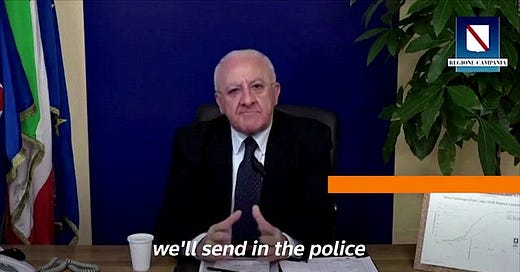

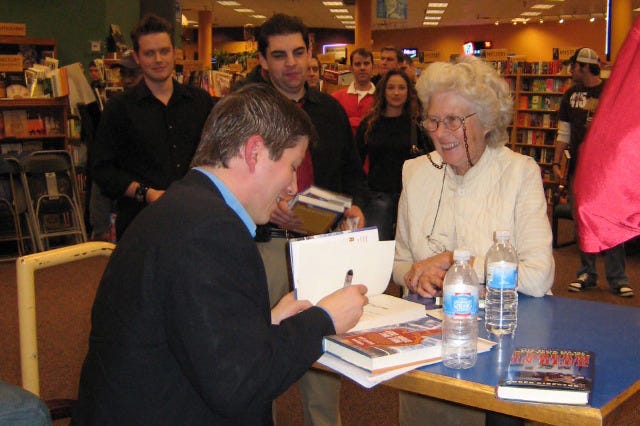
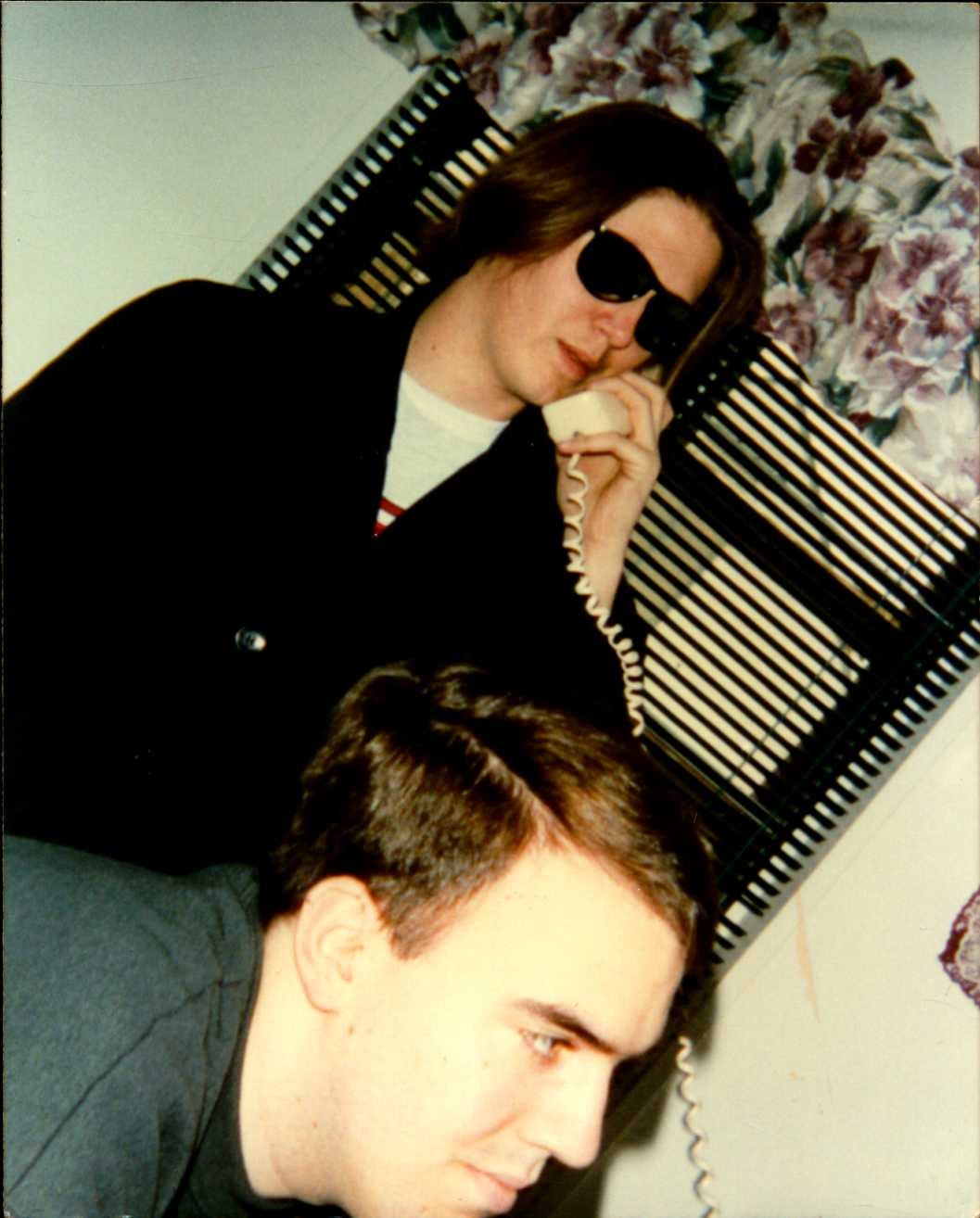
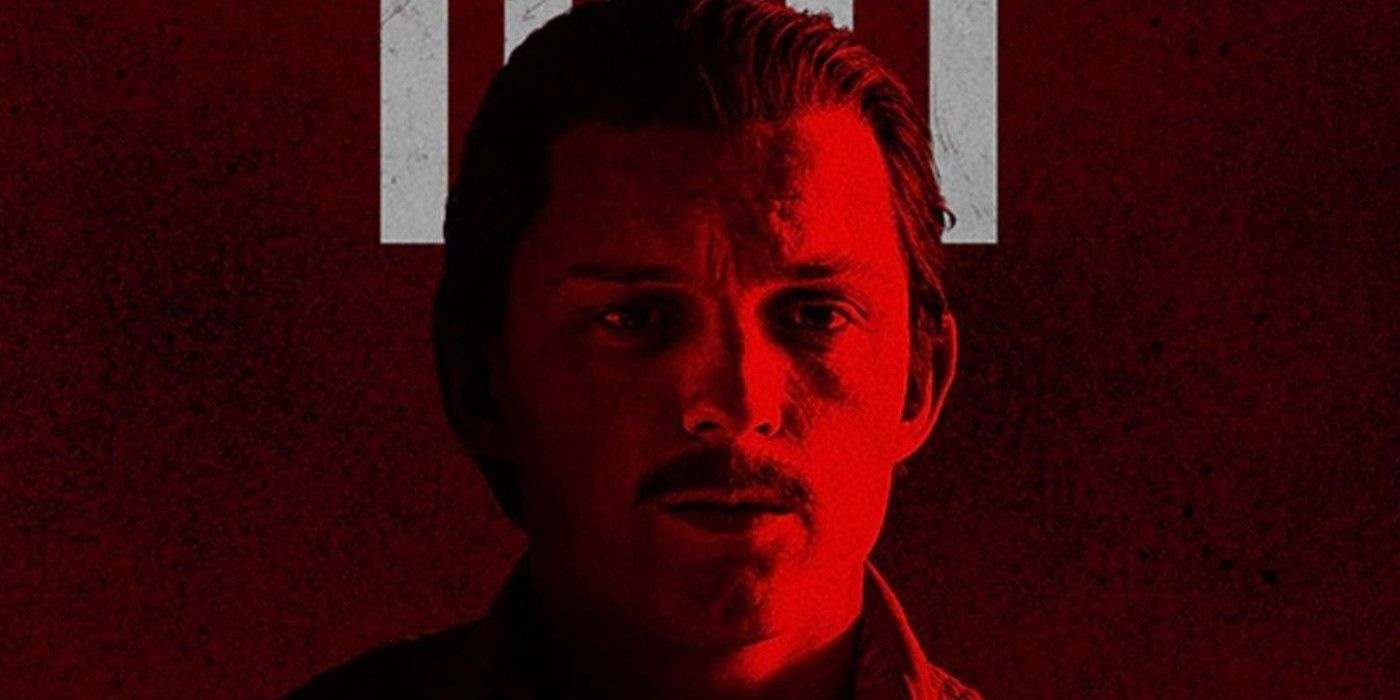
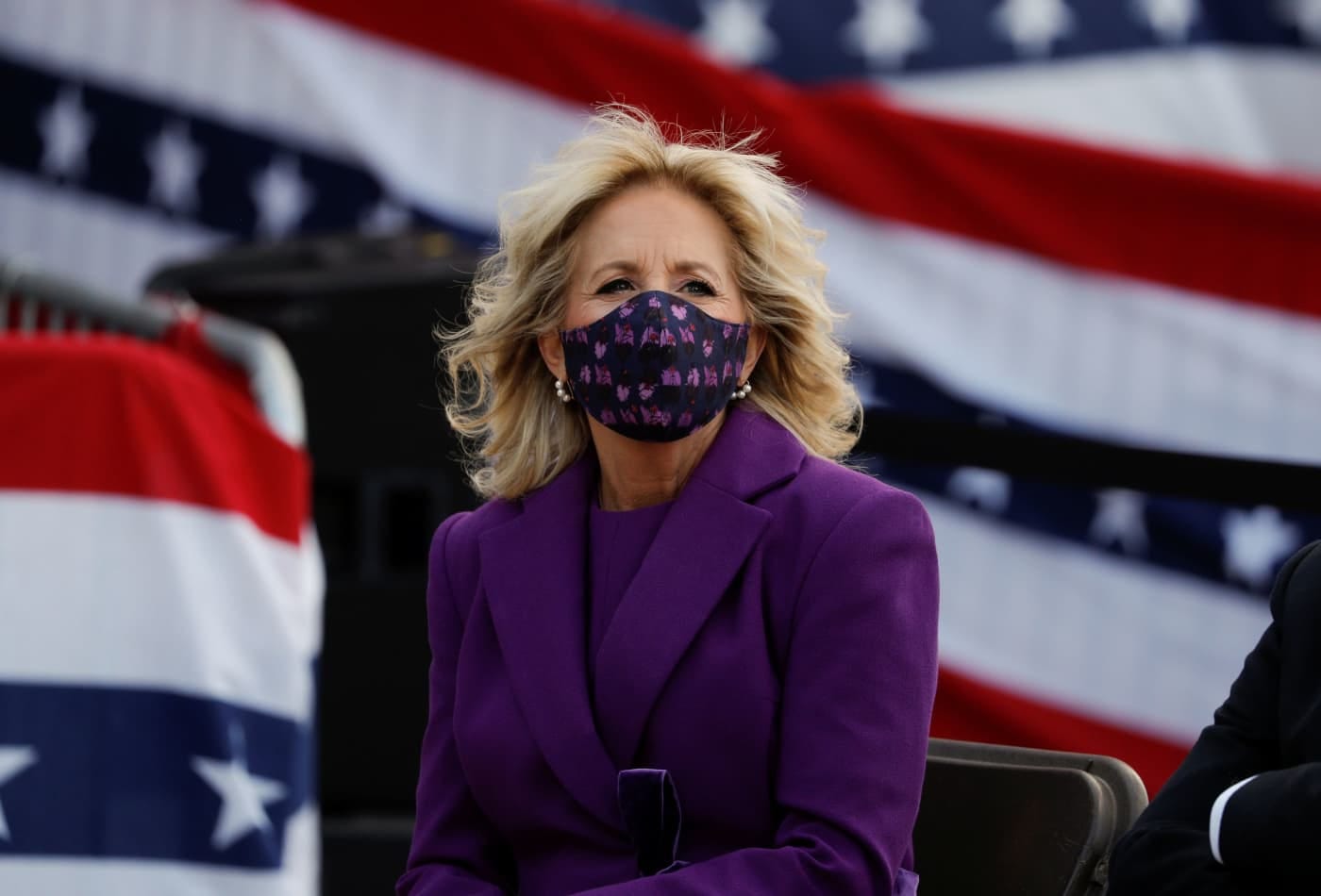

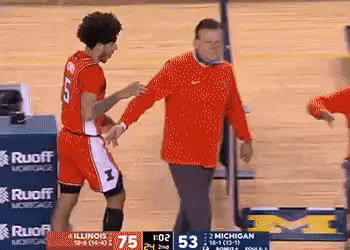
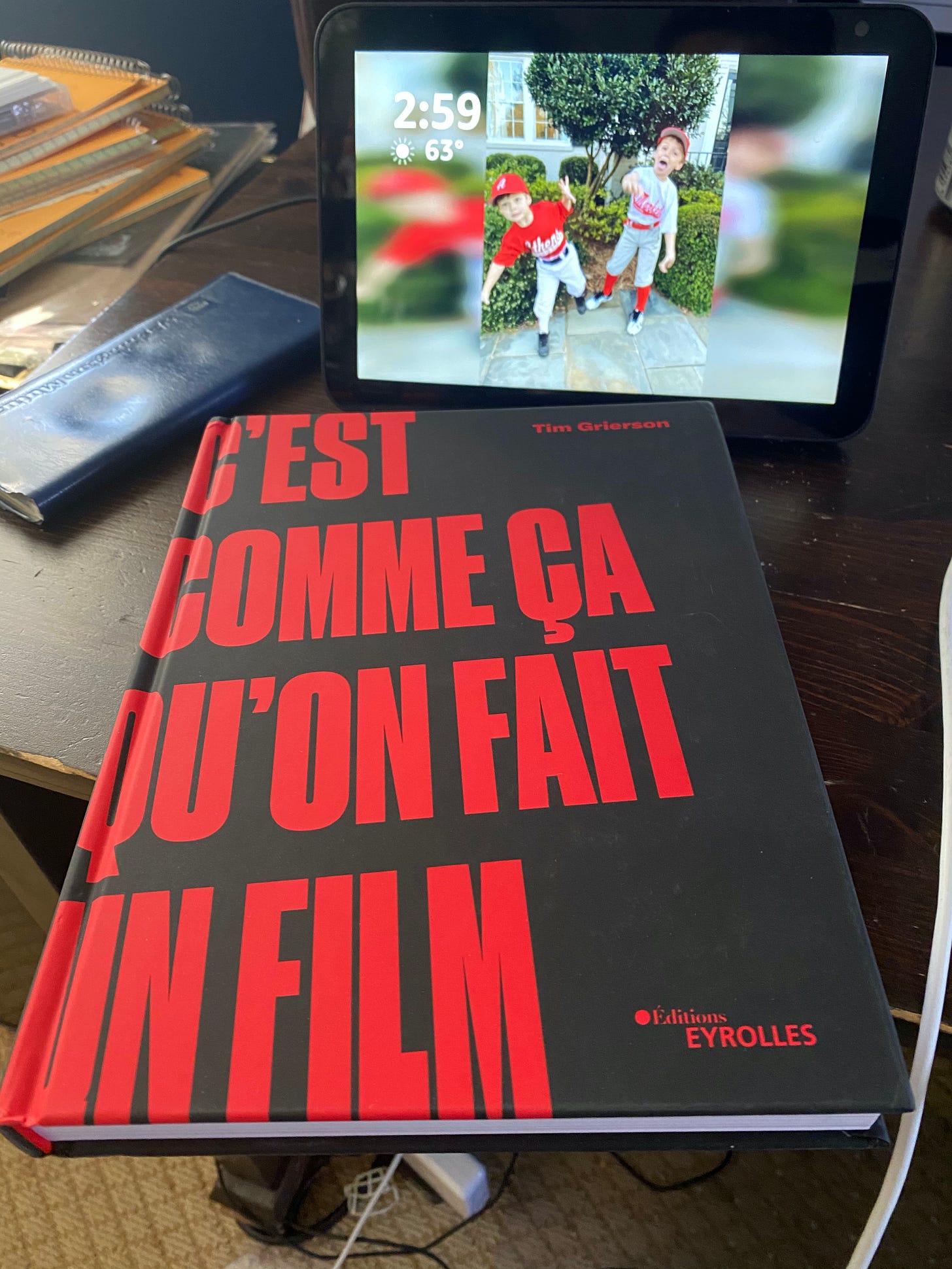
Underwood, Holtman, and Archie Miller all being hired at the same time reminds me of the the Roy Williams, Self, Weber moment except all the first three guys are in the same conference. How different are things if Holtman goes to Indiana, Archie to Ohio St, and Underwood still goes to Illinois?